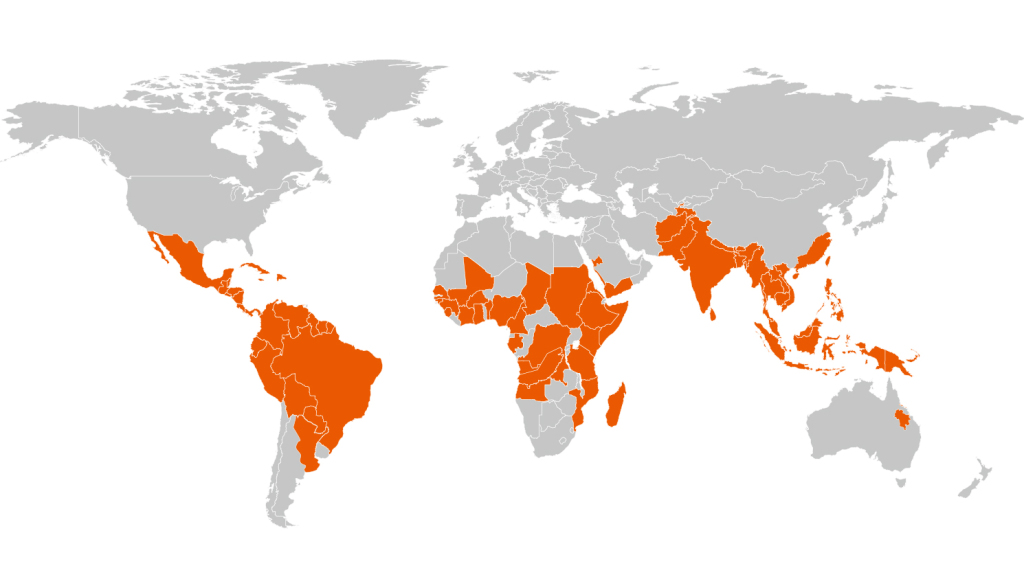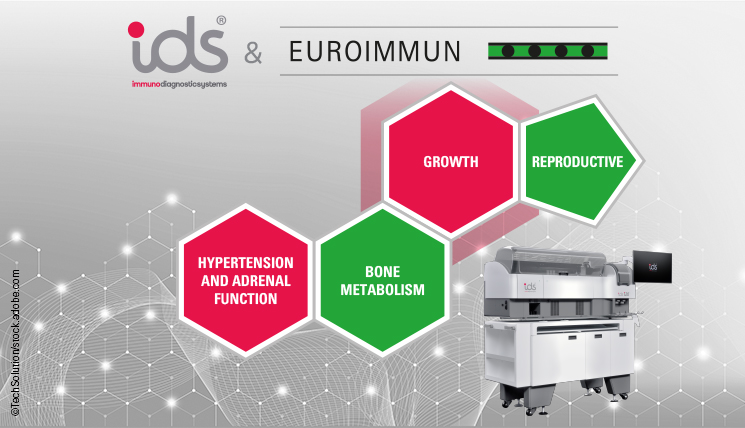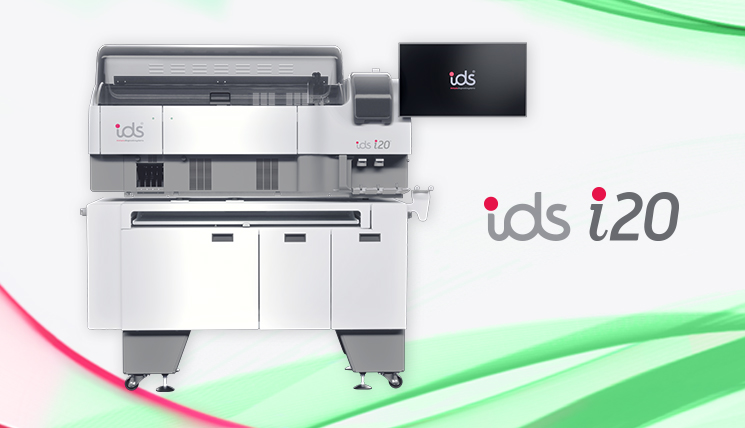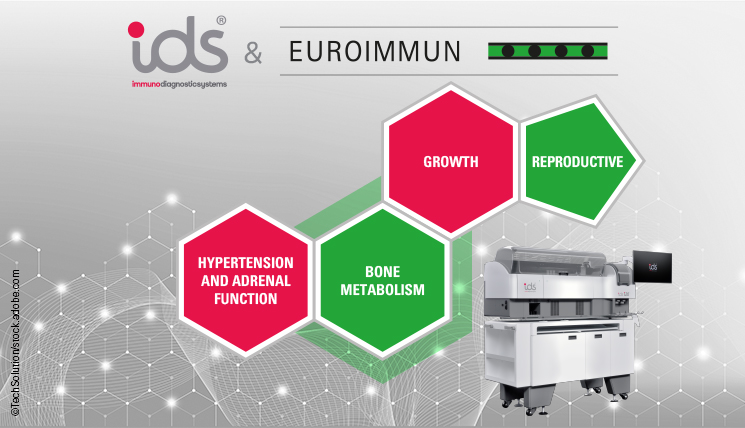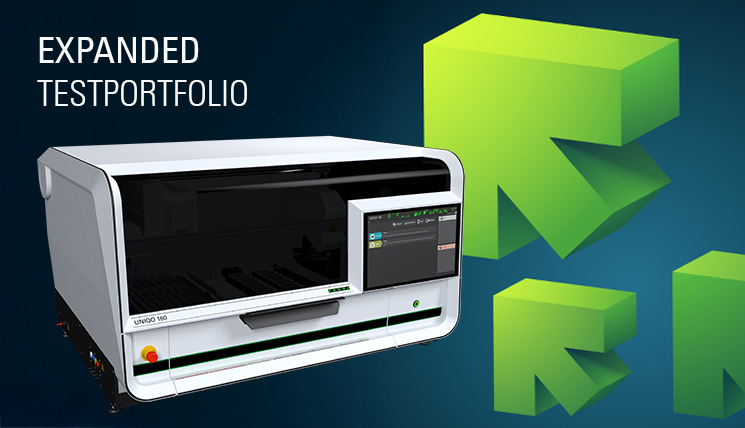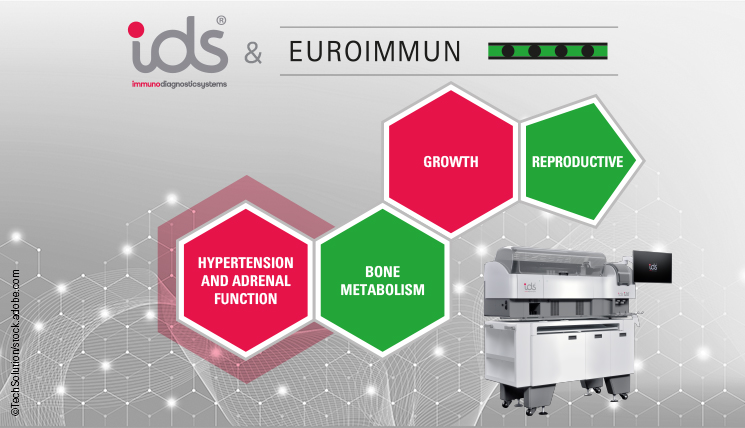Dengue fever is spreading rapidly worldwide. The map displays the high number of countries which are threatened by dengue to date. Even in Europe, the number of infected persons increases every year. They have caught the responsible dengue virus (DENV) during vacation in tropical or subtropical countries. The virus is transmitted to humans by a mosquito bite.
Dengue fever is difficult to differentiate from normal flu or other tropical diseases (e.g. malaria, yellow fever, typhus, chikungunya virus infection), especially during the initial phase. Therefore, a blood test is indispensable to diagnosis dengue reliably.
Small gap – large impact
Shortly after dengue infection when initial symptoms arise, dengue fever can be diagnosed by direct detection of dengue virus, e.g. by PCR. This method works reliably but is labor intensive and effective only during the viraemic phase of dengue infection (approx. 0 to 5 days after onset of symptoms). Afterwards, dengue fever is diagnosed using serological tests, e.g. immunofluorescence tests (IFT) or ELISA, detecting antibodies targeting the dengue virus. The antibodies can be detected at the earliest from day 5, usually from day 8.
 With a primary dengue infection, IgM antibodies are initially synthesized. After two weeks, the IgM titer decreases while IgG antibodies are now produced. Low levels of IgG antibodies persist in serum for years after dengue infection. In case of a second infection with dengue, the IgG titer rapidly increases within the initial days while the IgM titer remains much lower than during primary dengue infection. Therefore, calculation of the IgM/IgG titer ratio may allow differentiation between a primary and a secondary dengue infection. However, a “diagnostic gap” may occur around day 5 in some cases using these test systems – a short period of time during which dengue cannot be diagnosed by either virus or antibody detection.
With a primary dengue infection, IgM antibodies are initially synthesized. After two weeks, the IgM titer decreases while IgG antibodies are now produced. Low levels of IgG antibodies persist in serum for years after dengue infection. In case of a second infection with dengue, the IgG titer rapidly increases within the initial days while the IgM titer remains much lower than during primary dengue infection. Therefore, calculation of the IgM/IgG titer ratio may allow differentiation between a primary and a secondary dengue infection. However, a “diagnostic gap” may occur around day 5 in some cases using these test systems – a short period of time during which dengue cannot be diagnosed by either virus or antibody detection.
A novel dengue test may now bridge this gap: the EUROIMMUN Dengue virus NS1 ELISA. The assay is suited for the detection of the viral glycoprotein non-structural protein 1 (NS1), which is possible from day 1 to approximately day 8 after onset of symptoms.

